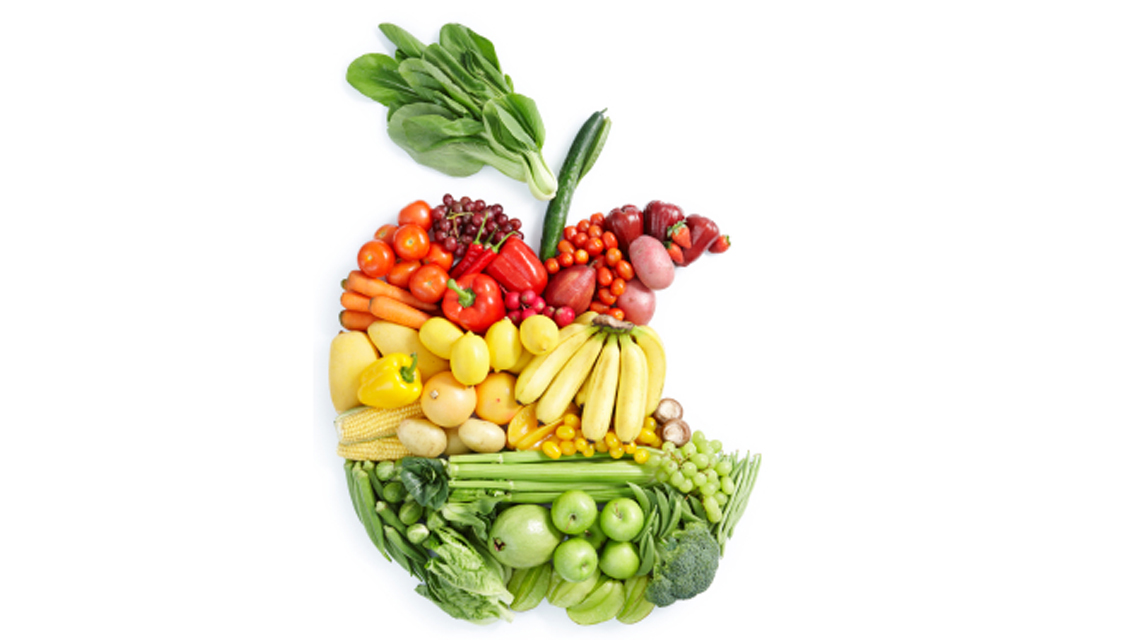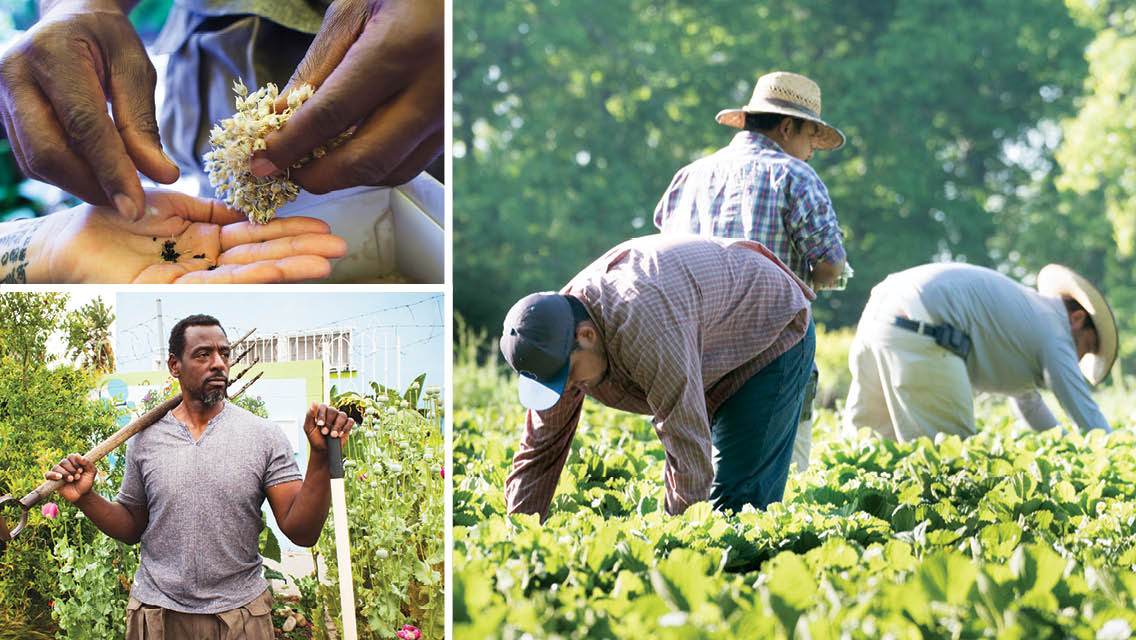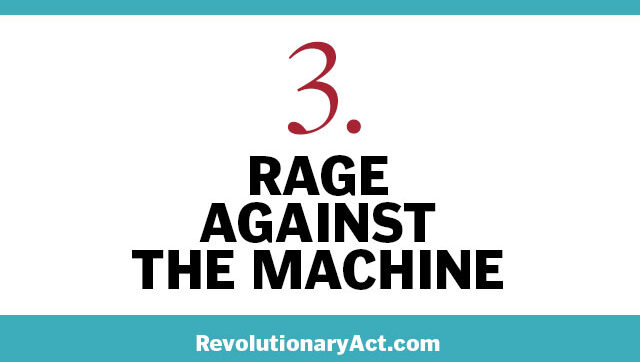This post originally appeared on TalkPoverty.org, and was reprinted with permission from Congressman Ryan.
On January 8, 1964, in his State of the Union address, President Lyndon Johnson announced the launch of the War on Poverty. While the programs implemented since then have done a tremendous amount to mitigate hardship in America—the poverty rate would be nearly twice as high without the safety net—our nation’s rate of poverty and growing income inequality are a black stain on our body politic. While the official poverty rate is 15 percent, fully four out of five Americans will experience at least one year of poverty or another form of significant economic hardship at some point during their working years.
It’s time to renew our nation’s deep commitment to ending poverty. This commitment shouldn’t be made out of mere sympathy but in the interest of our nation as a whole. But getting out of poverty starts with a healthy body and healthy mind. Let’s all agree that an adequate, nutritious diet is something each and every one of us needs — and deserves. This shouldn’t be a stretch for most of us to see and understand.
More and more we are realizing how our diets impact our physical and mental health. Lack of access to adequate, nutritious food prevents students from thriving academically and workers from performing at peak levels at their job. Healthy food is an important engine to propel students and workers out of poverty. This is not to oversimplify the problem, or to suggest that this is all that needs to be done, but it is a very important starting point. Access to real food is foundational to climbing out of poverty.
@PGerasimo: “Without optimal health and vitality, she says, everything else that we want to do gets harder.”
As someone who has played a lot of sports in my life, and even coached a little, I know that when it comes to athletics and improving and developing talent it all starts with fundamentals. This means recognizing how interconnected the issue of poverty is to many other issues like health, education, being safe, feeling cared about, and good, healthy food. A student cannot learn if he is full of sugar and processed food—or distracted by hunger pains. An adult can’t stay healthy if he or she needs to eat the cheapest, most accessible and most processed food for years at a time. The most basic thing we can do to lay the foundation for good health, and academic, social and financial success, is to eat—as Michael Pollen has put it—real food. We are what we eat, period.
When it comes to health and wellness, and solving the gut-wrenching issues of poverty and hunger, we need to get back to the fundamentals. We need to grow more of our food in or near our cities, which can drive investment into our poor neighborhoods. We need ‘edible classroom’ programs which can get more healthy food to our kids, teach our students about where food comes from and the knowledge of how to grow it. We need a garden in every school yard, a kitchen in every school where students can learn to prepare the food they grow, and a salad bar in every cafeteria. And we need to protect and strengthen investments in our bedrock federal nutrition programs such as the Supplemental Nutrition Assistance Program and Child Nutrition programs.
Our current policies make healthy food inaccessible for millions of Americans, while subsidizing and making pervasive fake foods that give us diabetes, heart disease and high blood pressure—which lead to higher healthcare costs down the line. An ounce of prevention is worth a pound of cure—yet policymakers continue to make penny-wise and pound-foolish decisions. Every dollar wasted on the current approach is money that can’t go to investments that bring more justice to our broken economic system.
There are leaders that are already making connections between the food we eat, our health and well-being, and the poverty we see all around us. Laurie David’s new movie,Fed Up, includes commentary from Katie Couric, First Lady Michelle Obama, and former President Bill Clinton. Dr. Mark Hyman, a thought leader in the area of food and nutrition, says the country cannot afford the cost of bad food, and the bad health that follows. In one of his recent blog posts, he said that because of bad food, “….our kids are sicker, leading to an achievement gap that limits our capacity to compete in the global marketplace, and 70 percent of our kids are too fat or unfit to fight, threatening our national security. These are not small problems.”
Pilar Gerasimo, a writer and editor, says that health is the “gateway” to power. Without optimal health and vitality, she says, everything else that we want to do gets harder. The bottom line is this: integrating healthy eating and wellness into our social safety net will energize our current programs, strengthen the mental and physical well-being of those who need them, and inspire more Americans to support a new approach that will better position families in poverty to work their way up the ladder to the American Dream.
In addition to his work on the intersection of food, health, poverty and social justice, Representative Tim Ryan is the leading to the charge to bring mindfulness practices to Washington.
To stay up to date on Congressman Ryan’s work, follow him on Twitter.




This Post Has 0 Comments